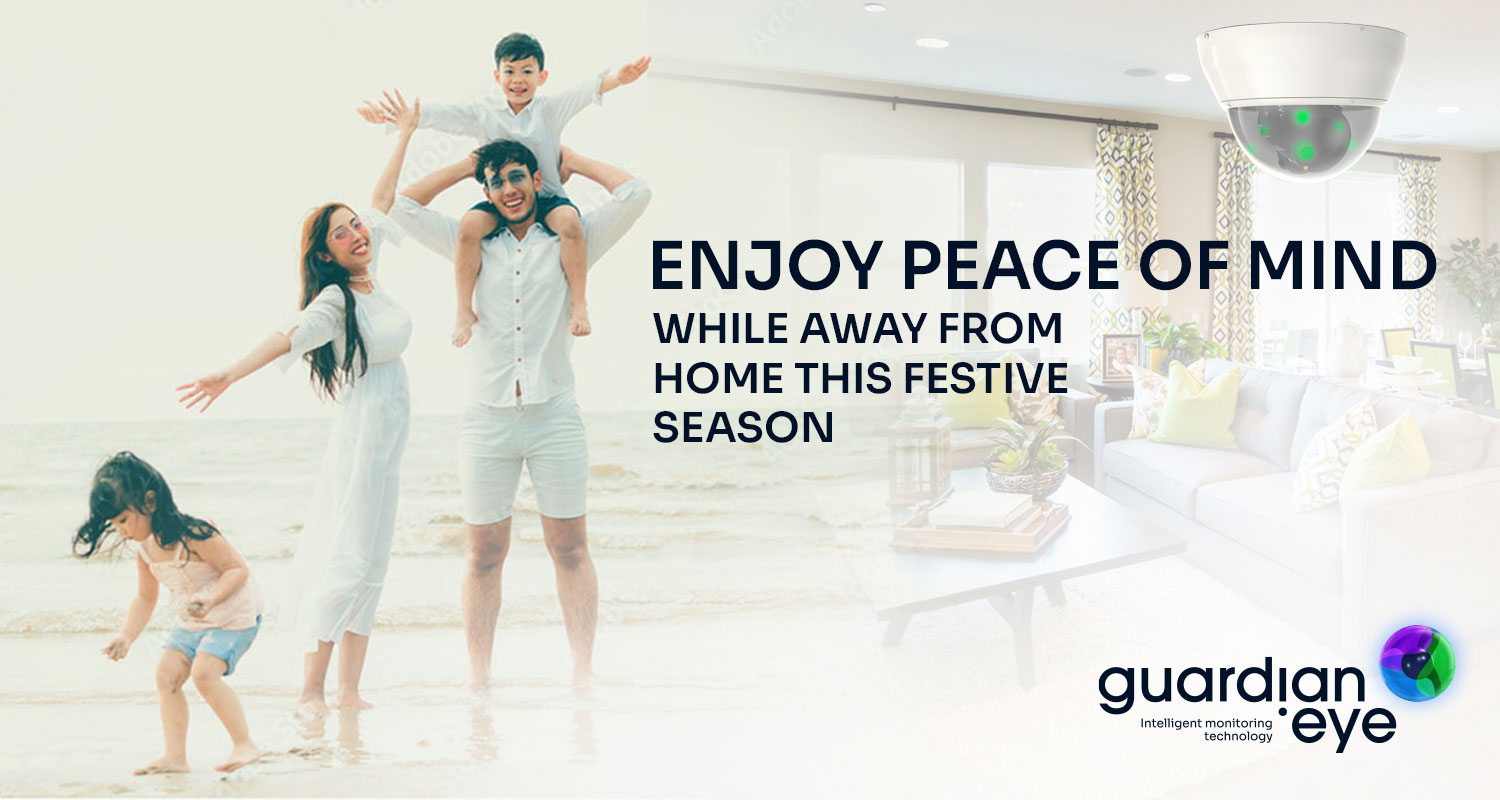 Three common risk factors that can seriously impact the value and safety of a holiday property are break-ins, leaks and breakdowns. When a property is left untended for long periods of time or is regularly used by holidaymakers and tenants, these risks go up exponentially.
Three common risk factors that can seriously impact the value and safety of a holiday property are break-ins, leaks and breakdowns. When a property is left untended for long periods of time or is regularly used by holidaymakers and tenants, these risks go up exponentially.
If you own a holiday property that you either use sporadically or rent out through an app like Airbnb, you need to find smart ways of securing your home and catching problems before they become long-term damage. Rodney Taylor, MD at Guardian Eye, believes that technology is the answer to both problems.
“There are usually two choices when it comes to ensuring the safety of your property and the people using it,” he says. “Leave it as it is and deal with a break-in when it happens, or invest in an expensive and complicated security system that can be intrusive and impact the holiday experience – for both you and your potential tenants.”
A traditional alarm system comes with a number of problems. The first is that there’s a learning curve for anyone who rents your property. This may not be a problem for some people, but a glance at Airbnb and TripAdvisor reviews often sees this as a sticky point for many people – they don’t want their holiday punctuated by shrieking alarms they don’t know how to manage or turn off.
The second challenge is that it can’t detect who has entered your property, which means that it will kick into action whether it’s the tenant, visiting wildlife or an intruder, and this can cost you further in terms of security callouts and stress.
The third biggest problem is that the people who rent the property don’t want the hassle of the alarm system, but they definitely do want to be reassured of their safety. It’s a tricky balance.
“When it comes to monitoring the health of appliances and systems, there are even fewer options available to the owner,” says Taylor. “Traditional sensor systems that can monitor fridges, JoJo tanks and environments are expensive and require consistent maintenance and management. And yet, you really do need to know if that water tank is leaking into your house or causing rising damp, and if the fridge has defrosted all over the kitchen floor.”
Make life easier
The real win is in a solution that uses sensors and modern systems in tandem, providing you with visibility into your power, appliances, leak detection and other factors without adding to your admin burden. You also want a system that allows the right people access to your property. Instead of you and your tenant having to jump through a thousand security hoops, you need an access control solution that makes life easier.
“You want a solution that can monitor the fiends, the fridge and the geyser,” says Taylor. “This needs to talk to sensors and systems without expecting you to be a technology expert or a specialist in the internet of things. You just need a simple plug-and-play deployment platform that you can install and leave and that can be accessed using a mobile app so you can check input from anywhere at any time.”
Fortunately for holiday property owners, this level of visibility and control is not sitting in the land of science fiction movies on Netflix anymore. Thanks to the evolution of sensor technology and its accessibility, the cost of implementing a solution that can fit into your property and start working immediately is nowhere nearly as expensive as it used to be, nor is it as steep as a high-end alarm system and ongoing payments to physical security. In fact, there are DIY safety solutions in a box that are easy to install, unintrusive, use existing systems and technology, and allow you to monitor the health and safety of your property from anywhere.
“Using the right solution, you can manage alarms, solve problems, send maintenance crews and allow them access, and provide your tenants with exceptional holiday experiences,” concludes Taylor. “You can transform how you handle your property and the peace of mind you offer anyone who chooses to stay there.”
For more, visit Guardian Eye.
- This promoted content was paid for by the party concerned




